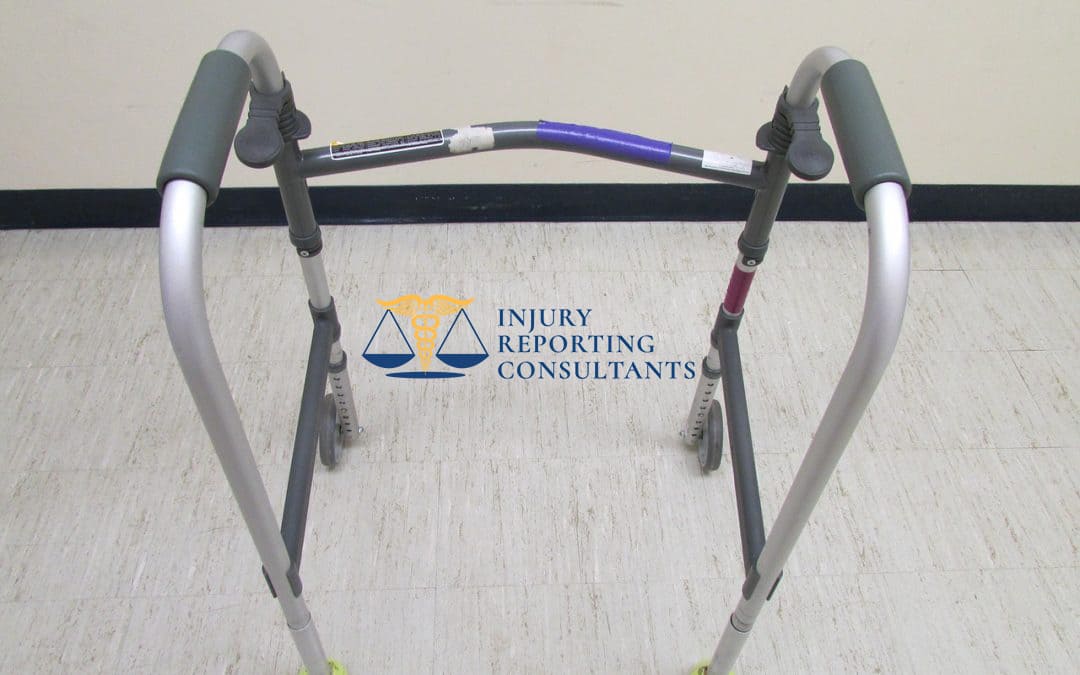A lot of attorneys come to me asking what the difference is between an impairment rating and a functional capacity evaluation, and, if they already have an impairment rating, do they need to have an FCE as well? My answer is you absolutely need an FCE in addition to an impairment rating.
Here is why:
When the 6th edition impairment ratings under the AMA Guidelines were first introduced, the lecture circuit preached, “Impairment does not equal disability” and therefore an impairment rating alone will not determine a client’s disability.
Disability is a physical impairment that limits life functions and work capacity. A quality FCE is the best way to determine the exact disabilities that limit a person’s ability to perform work duties, along with validity of effort to reinforce the other medical evidence.
There are also several additional factors to consider.
The longer a person has been off work, the more likely they will need an FCE to determine function due to “deconditioning syndrome.” Deconditioning syndrome according to Mayer and Gatchel in Functional Restoration For Spinal Disorders,
“Represents the loss of one’s physical capacity upon disuse that leads to many manifestations of chronic disability.”
In essence, the longer the time of disability and/or the more extensive the surgical procedure, the greater the postoperative physical capacity deficits are that need to be addressed as part of the recovery process. Thereby, a therapist is no longer simply addressing deficits in a knee, for example, but dealing with multiple issues from disuse. If a therapist has a prescription to treat a knee, documentation will be mainly on the knee, and will not address all of the physical deficits needed for work duty. This is why a skilled FCE is imperative to document your client’s true impairments and disabilities. brad@injuryreportingconsultants.com

